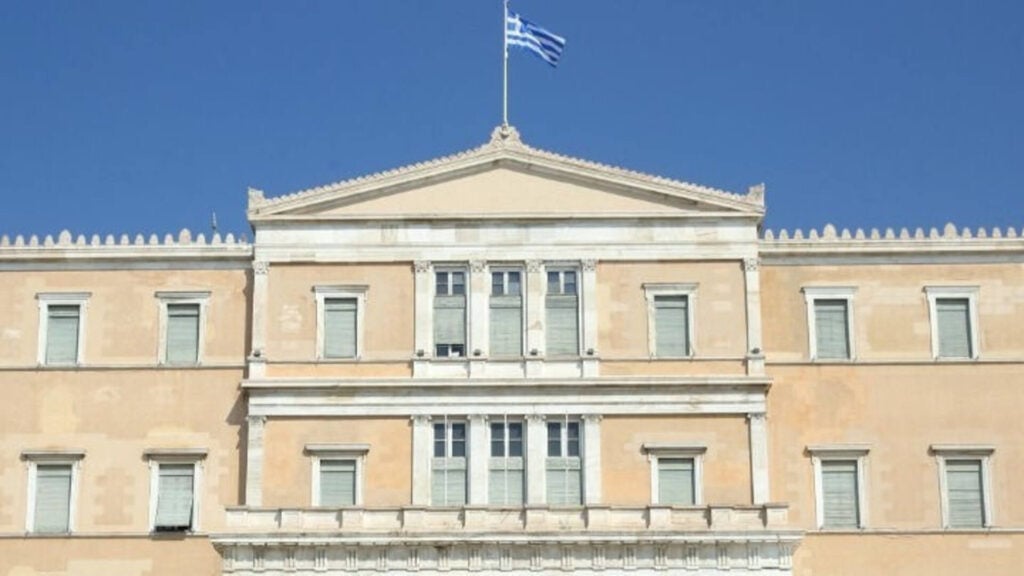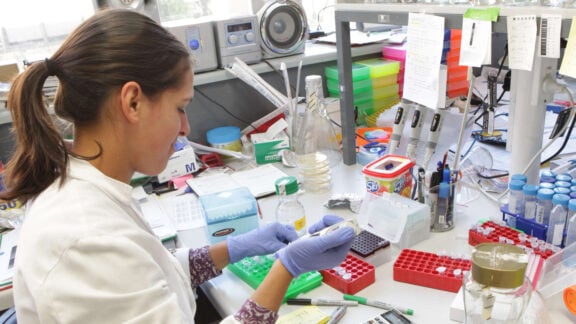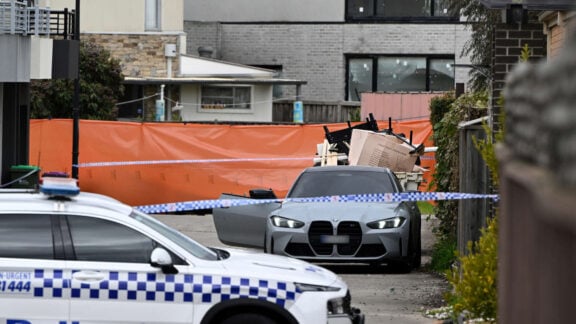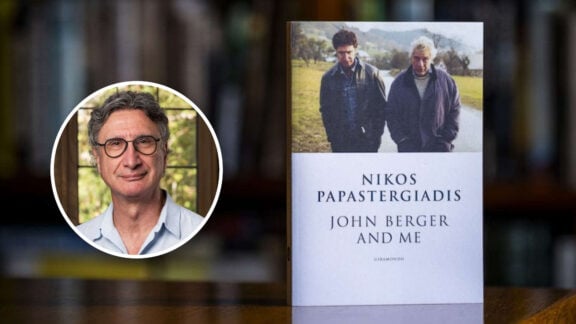By majority vote and following a roll-call, the Greek Parliament has approved a proposal by the ruling New Democracy (ND) party to establish an Investigative Committee into the Payment and Control Agency for Guidance and Guarantee Community Aid (OPEKEPE).
The decision comes amid heated political debate and accusations of attempted cover-ups involving former government officials.
The Investigative Committee will examine all issues that have arisen concerning OPEKEPE’s operations, “with the aim of identifying any possible responsibilities and restoring the credibility of the system that administers agricultural subsidies — so that it becomes a reliable, effective, and fair mechanism for all the country’s producers,” the proposal states.
The motion passed with 166 votes in favour and 92 against, out of 258 MPs who participated. The Communist Party of Greece (KKE) and Greek Solution abstained from the vote.
MPs from ND, Plefsi Eleftherias (Course of Freedom) and some Independents voted in favour, while SYRIZA, PASOK–KINAL, New Left, NIKI, and other Independent MPs opposed the motion.
Following the announcement of the result, Vice President of Parliament Vasilis Viliardos proposed that the Committee be composed of 31 MPs, allocated proportionally based on party representation, along with one Independent MP. He also suggested a three-month timeframe for the Committee’s work.
The proposed timeline, however, drew criticism from the opposition. PASOK–KINAL parliamentary spokesperson Dimitris Manzos warned that the timeframe was insufficient, stating that “if the Second Parliamentary Session ends in September, any offenses — particularly those involving former Agriculture Minister Makis Voridis — may be time-barred.”
Zoe Konstantopoulou, president of Plefsi Eleftherias, echoed these concerns, insisting the work of the committee must conclude by the end of September to avoid the statute of limitations expiring for any ministers or deputy ministers involved. “We must ensure that crimes are not written off simply due to timing,” she said.
Despite these objections, ND parliamentary secretary Apostolos Vesyropoulos dismissed the concerns and confirmed support for the three-month duration, which was ultimately approved by majority.
The political stakes escalated during the debate, with party leaders exchanging barbs. Prime Minister Kyriakos Mitsotakis called on opposition parties to abandon their push for a Preliminary Inquiry Committee, urging, “Withdraw your request — let’s vote together on the Investigative Committee.”
PASOK leader Nikos Androulakis responded sharply: “Vote for our proposal for a Preliminary Inquiry, and PASOK will support the Investigative Committee.”
SYRIZA’s parliamentary leader Sokratis Famellos accused the government of attempting a cover-up, declaring, “The government’s proposal for an Investigative Committee is meant to cover up, to conceal the case file, and to gag the judiciary.”
KKE General Secretary Dimitris Koutsoumbas also blasted the process, asserting, “KKE does not legitimise the cover-up of the scandal — we expose the great scam behind the EU’s Common Agricultural Policy.”
Further criticism came from SYRIZA MP Alexis Charitsis, who described the proposal as “institutional manoeuvring and media camouflage aimed at shielding Voridis and Avgenakis from responsibility.”
NIKI party leader Dimitris Natsios labelled the initiative a political distraction, saying, “The government’s Investigative Committee proposal is merely a pretext.”
Zoe Konstantopoulou went further, calling the matter “a longstanding scandal” and alleging that “the OPEKEPE case constitutes a serious felony.”
As the Committee prepares to begin its work, the political rift deepens over accountability, transparency, and the future of agricultural subsidy governance in Greece.








